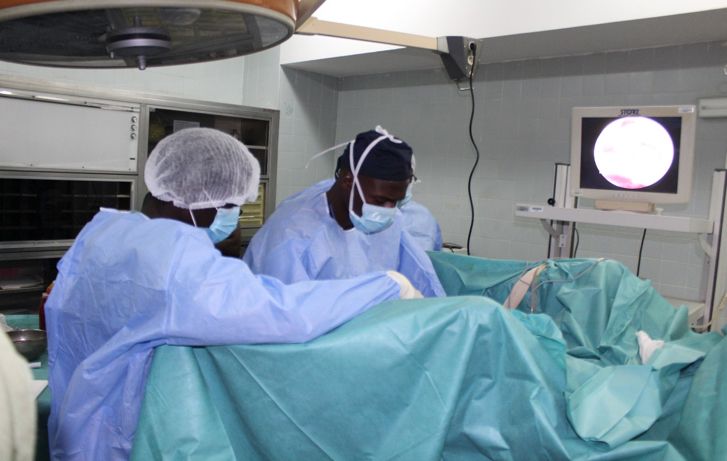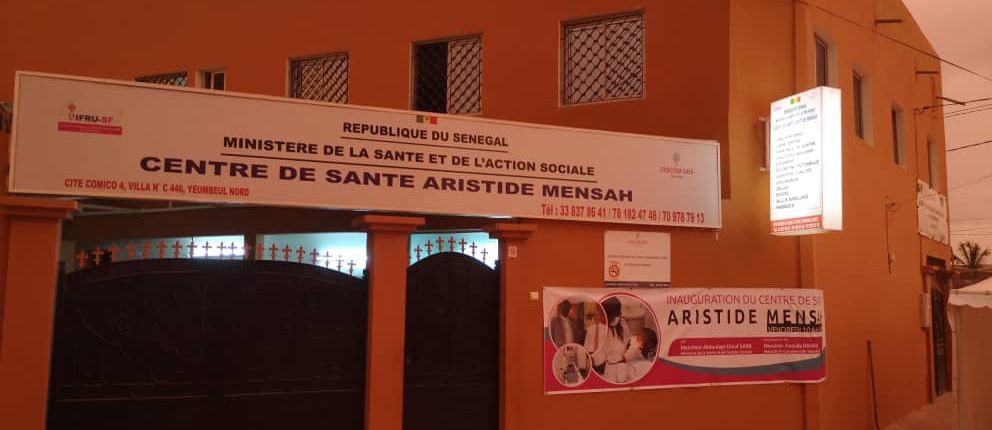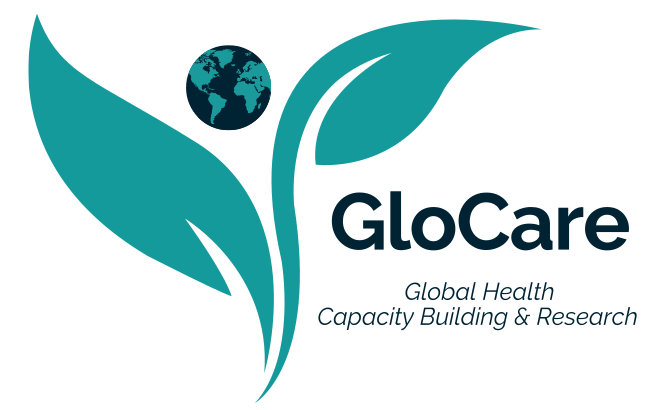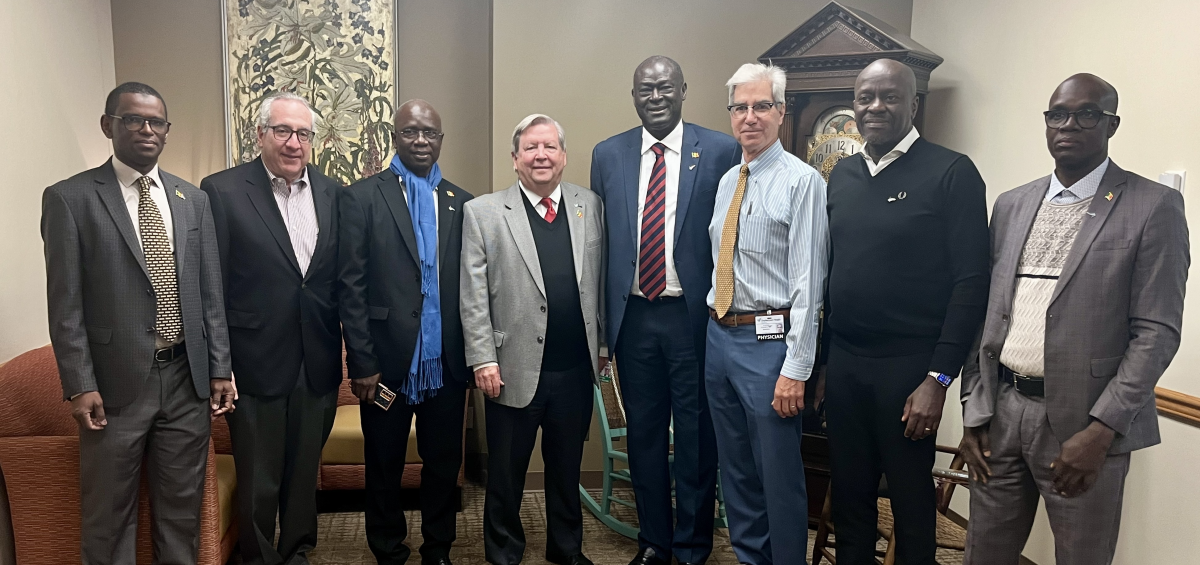
Article de Glocare
MADCaP
PROJECT JUSTIFICANT
Prostate cancer (PCa) is the leading non-cutaneous cancer among American men1. African Americans (AA) suffered from the highest incidence rates of prostate cancer (PCa) in the world, with an annual incidence rate of 165/100,000 in the period from 2004 to 2008 and 229 / 100,000 in the period from 2006 to 20102,3. The GLOBOCAN program of the International Agency for Research on Cancer (IARC) estimates that PCa remains the leading cancer in terms of incidence and mortality among men in Africa and the Caribbean4. Consequently, men of African origin scattered around the world suffer disproportionately from CaP compared to men of other races or ethnicities 5.
The IARC also estimates that CaP is in an upward trend in Africa with the number of deaths from CaP which will increase from 55,522 in 2010 to approximately 105,758 by 20301, i.e. double the number of cases that will be diagnosed in the United States. in 2030. Additionally, of all ethnic groups in the United States1, AA men have the highest rates of aggressive CaP and CaP-specific mortality. Our understanding of this disparity is very limited. In sub-Saharan Africa (SSA), the majority of CaP cases are diagnosed with aggressive disease, often at an advanced stage and generally incurable6,7. In both SSA and AA men, this situation could result from a combination of biological aggressiveness and late detection. Thus, there may be common features in the etiology of CaP in men of African origin that may explain the observed mortality values. Knowledge gained from studies of CaP in SSA could improve our understanding of CaP aggressiveness in men of African origin located worldwide.
Despite the clear public health implications of CaP in men of African descent, there have been few established associations between exposure to genetic susceptibility loci and environmental factors with the etiology of CaP. in AA. On the other hand, CaP is, among major cancers, the one with the highest heritability8,9. Numerous genetic susceptibility loci have been identified in men of European and Asian origin. Also, several genome-wide association studies (GWAS) have been reported, but none focusing exclusively on African populations. Most of the loci identified by GWAS were not reproduced in AA. Thus, there is a pressing need to identify specific African alleles and, thereby, elucidate the etiology of CaP in AA men. Furthermore, the development of infrastructure that can address the genetics of CaP in Africa will help build research capacity in the continent to widely promote cancer research.
SPECIFIC OBJECTIVES
To better understand the etiology of CaP in African men, we have established a large multicenter consortium entitled “Men of African ancestry and prostate cancer” (MADCAP). Using the resources of this consortium, we propose to undertake a multicenter study of CaP in SSA pursuing the following objectives:
Specific objective 1:
Genetic susceptibility: Discover new CaP loci and validate previously known CaP loci in African men to provide new information on the genetic etiology of CaP.
- Goal 1.1: Undertake a genome-wide association study on the etiology of CaP and its aggressiveness in a set of pan-African samples representative of the ancestral origin of African-Americans.
Specific objective 2:
- Population Genomics: Assess how population differentiation and the recent evolutionary history of African and African-American populations may shed light on the reasons underlying high rates of CaP among African-Americans.
- Aim 2.1: Identify variants with large differences in allele frequency between continents and populations (including ancestry informative markers and AIMS) and assess whether these variants correlate with increased CaP risk and aggressiveness of the disease. CaP among African and African American men.
- Aim 2.2: Assess how the evolutionary history of different genomic regions, taking into account genetic “hitchhiking” between CaP susceptibility alleles and locally adaptive alleles at closely linked loci, might contribute to differences in risk of CaP in men of African origin.
MEDIA CONTACT
GloCare
Aminata AIDARA
(+221) 76 013 93 89
contact@glocare.net
SPREAD THE WORD
